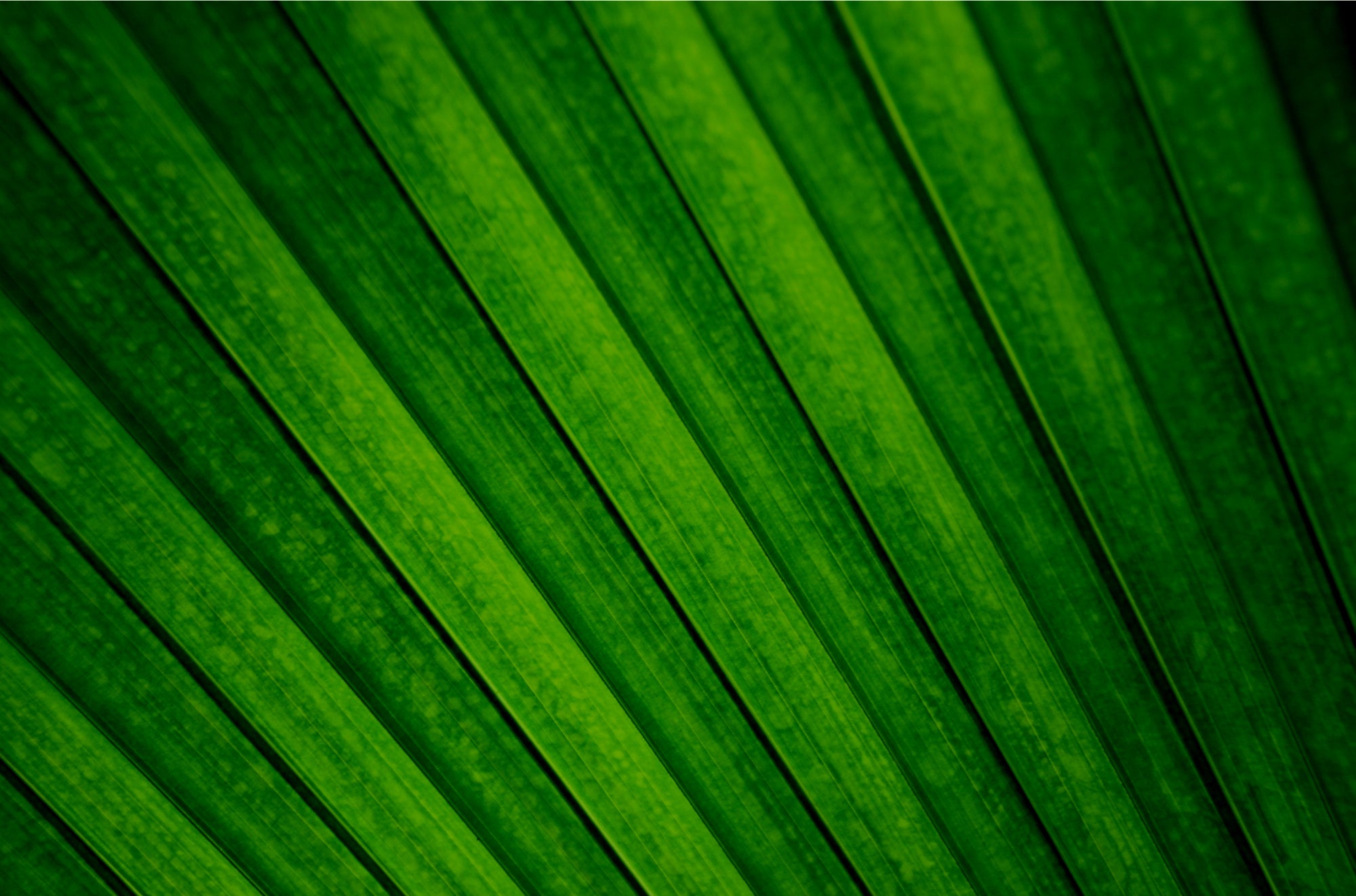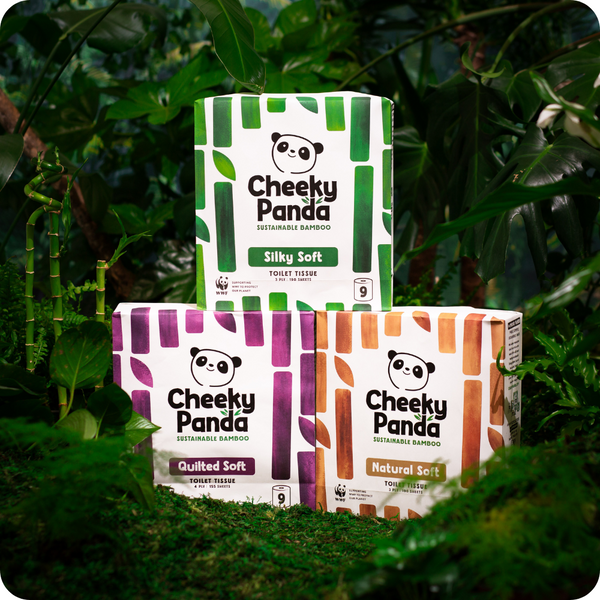Supply Chain
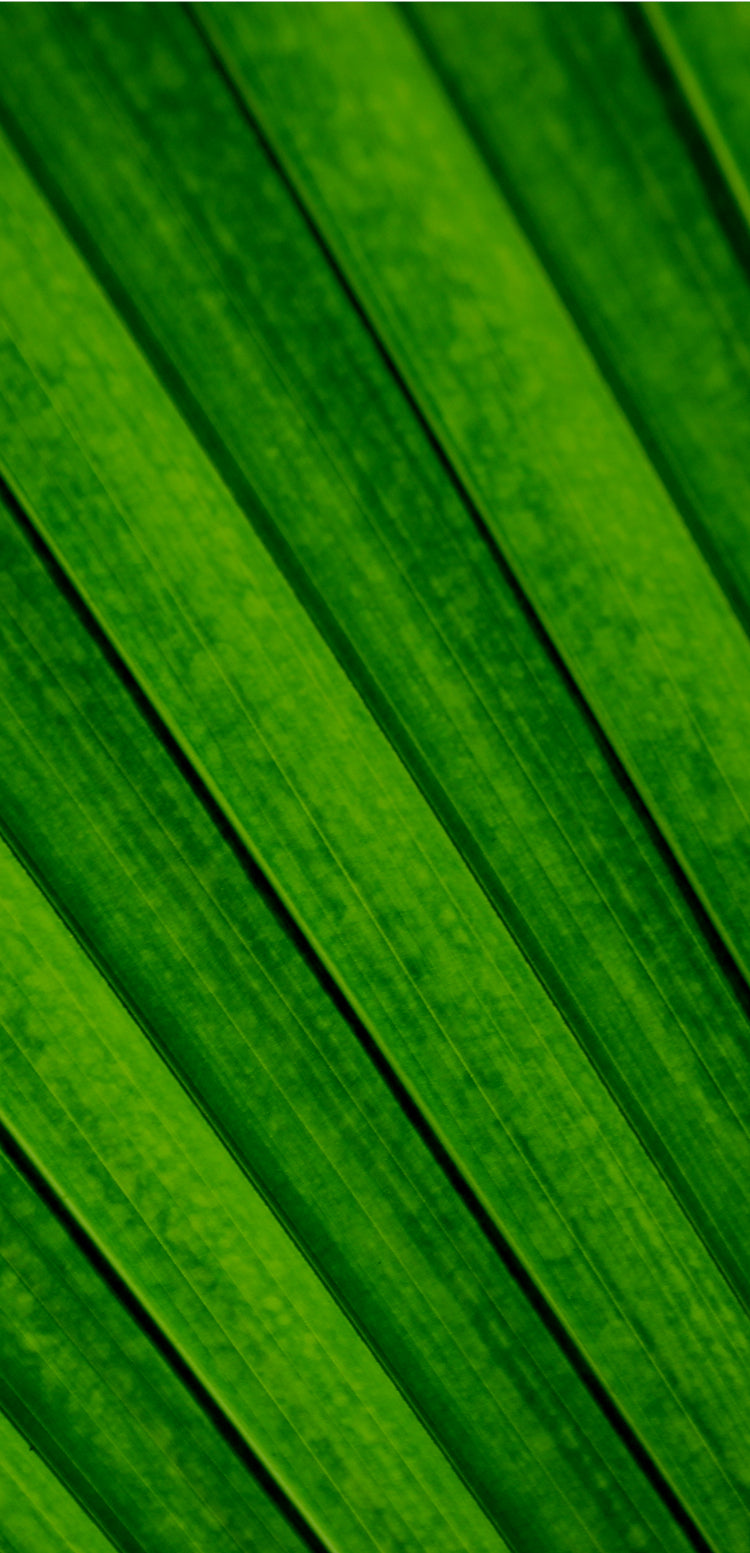
Bamboo: Nature’s Overachiever
Our story starts in the lush bamboo forests, where this incredible plant grows faster than your weekend disappears—up to 91cm a day! Unlike trees that take 15-70 years to mature, bamboo is ready for action in just 3-5 years.
Oh, and did we mention our bamboo is FSC-certified? That means it’s sustainably harvested, and our farmers are treated fairly.
Harvesting: No Bald Patches Here
When it’s time for a trim, we selectively harvest one pole at a time—no mass clear-cutting like with tree forests. That way, the bamboo forest keeps thriving while we take just what we need.
Translation? More happy pandas (and other critters), less destruction.
Chipping: Breaking It Down (Literally)
Once harvested, the bamboo gets chipped into small pieces before heading to the pulp mill. This step preps the bamboo for its glow-up—from humble stalks to soft, strong toilet roll.
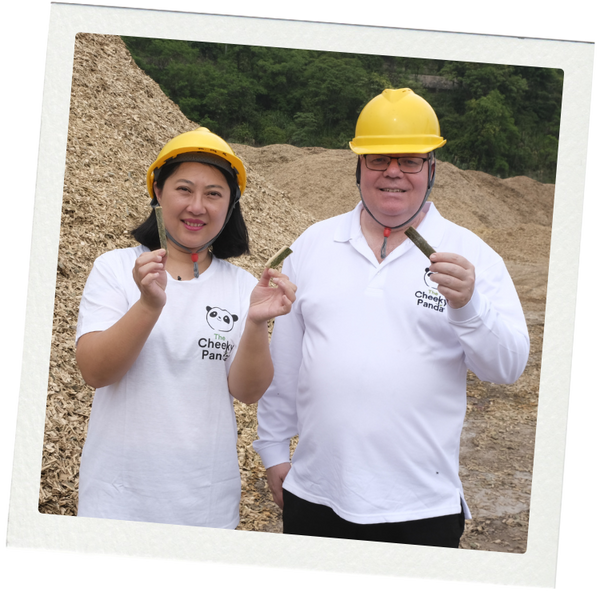
Pulping: The Secret to Softness & Strength
Here’s where the real magic happens. The bamboo chips are turned into a pulp, while keeping their long fibres intact (aka, the secret to our famously soft and strong TP).
We also use a process that minimises chemicals.
Rolling With It
Next, our soft bamboo pulp gets pressed and dried into 1-tonne parent reels (basically, toilet rolls made for giants) before being cut down to size.
Then, depending on how plush you like your loo roll, we convert those 1-ply sheets into 3-ply or 4-ply rolls for extra strength and absorbency.
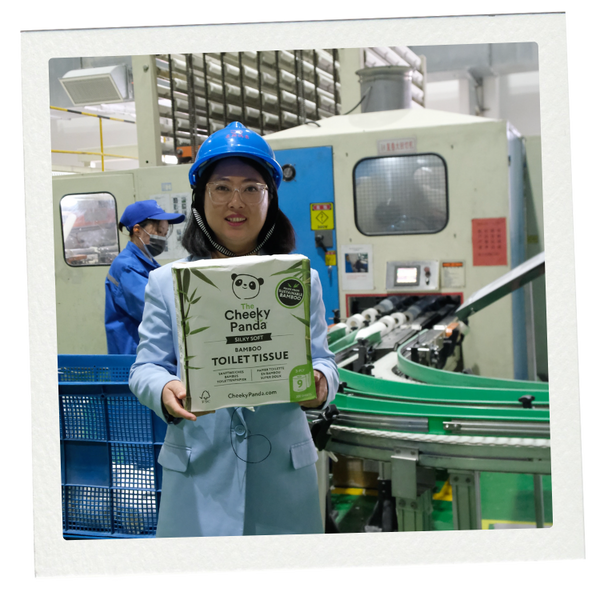
Only Perfect Rolls Make The Cut
Before our rolls make it to your bathroom, they go through strict quality checks to make sure they’re up to Cheeky Panda standards.
We test for:
✔ Pulp quality
✔ Paper strength & softness
✔ Flushability (because no one wants a clogged toilet)
✔ Hygiene & safety
Only the best rolls make the cut!
Shipping: Low Footprint, High Impact
We ship everything from China to the UK via sea freight—because it’s the lowest carbon option. Unlike some recycled toilet paper, which zigzags across the globe before even reaching UK converters, our supply chain is direct and efficient.
Translation? Less unnecessary transport, fewer emissions, lower footprint.

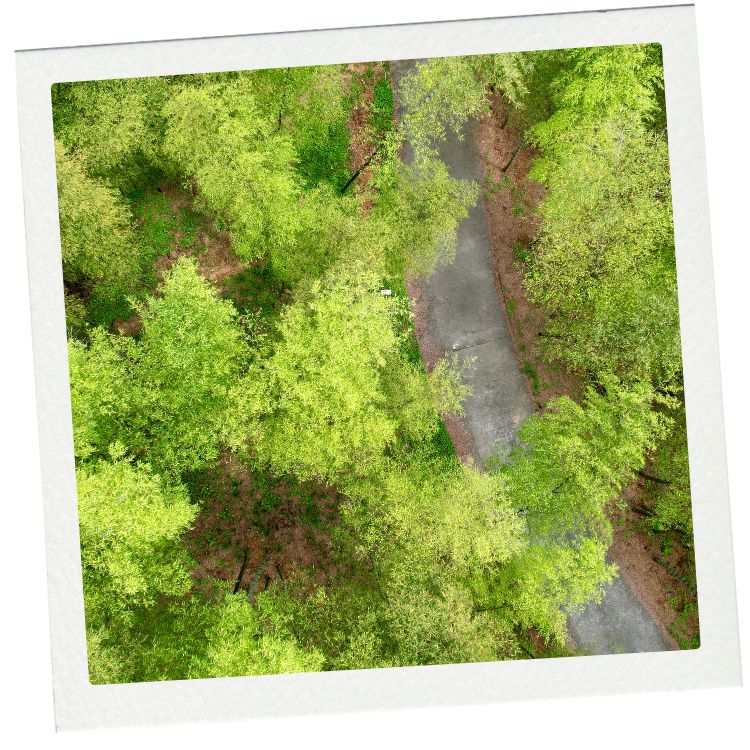
FSC’d. No Forests Harmed.
We don’t just talk the talk—we walk the bamboo-lined walk:
Our bamboo* is sourced from FSC-certified forests. This ensures that our bamboo comes from responsibly managed forests or verified sustainable sources.
This promotes environmentally appropriate, socially beneficial, and economically viable management of the world’s forests. This helps take care of forests, people and wildlife that call them home.*chef’s kiss*
*used to produce all our tissue products (i.e. toilet paper, tissues, kitchen roll), wipes and straws
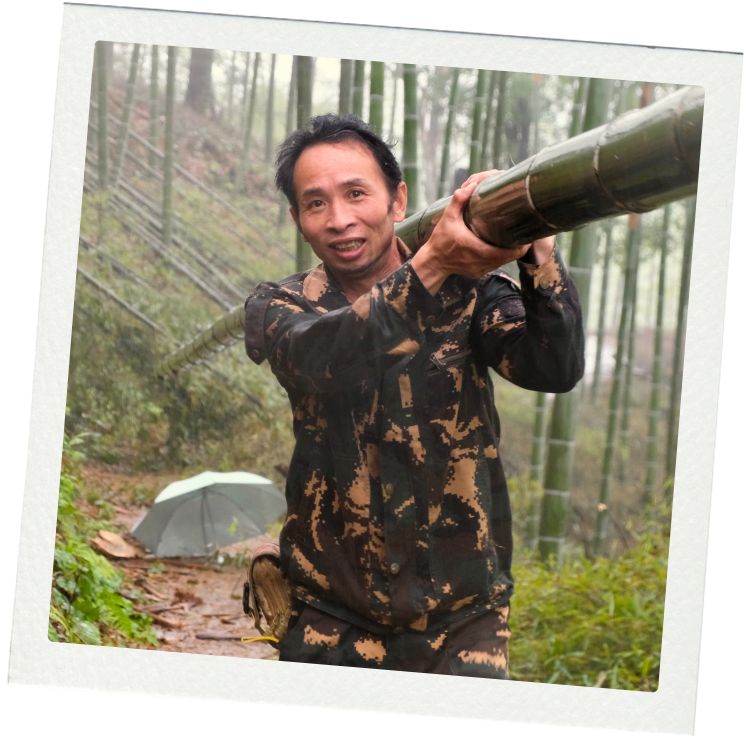
The Brilliant Humans Behind the Rolls
Behind our brilliant bamboo rolls, there's a whole bunch of brilliant humans. We believe in treating people fairly and responsibly, so we do our best to look after them.
This means taking practical steps to support fair pay, safe working conditions, and appropriate employee benefits across our business.
These include initiatives such as subsidised meals for our production team, enhanced parental leave and, wherever feasible, granting flexible working arrangements for our UK employees.
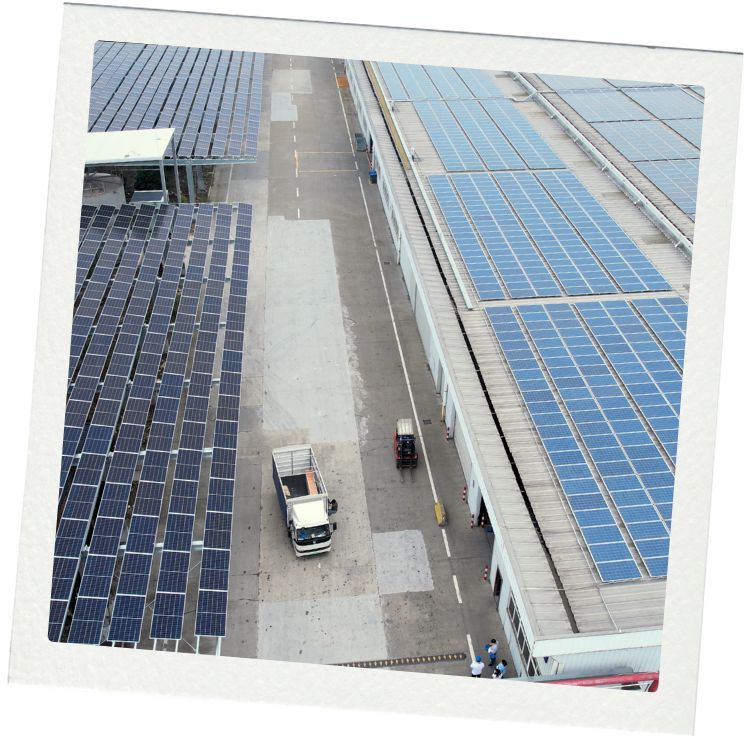
Reducing our Impact Is a Journey (& We’re Not Done Yet)
We’re always looking for better ways to roll. Because let’s be honest – there's always more we can do to reduce our impact (and we have some pretty exciting upgrades in the pipeline).
- Shift all of our production to renewable energy sources
- Pilot low-carbon logistics programme to further reduce transport emissions
- Continue researching ways to remove all plastics from our packaging and products
- Further reduce packaging material weight

